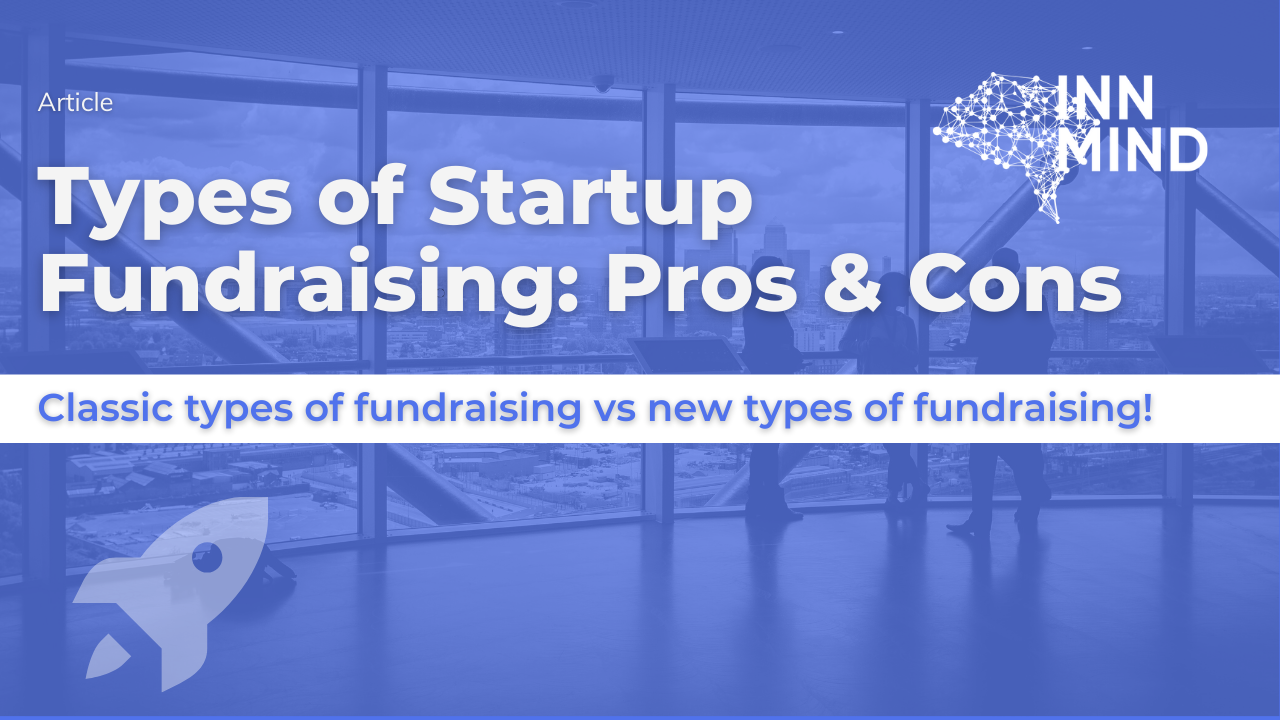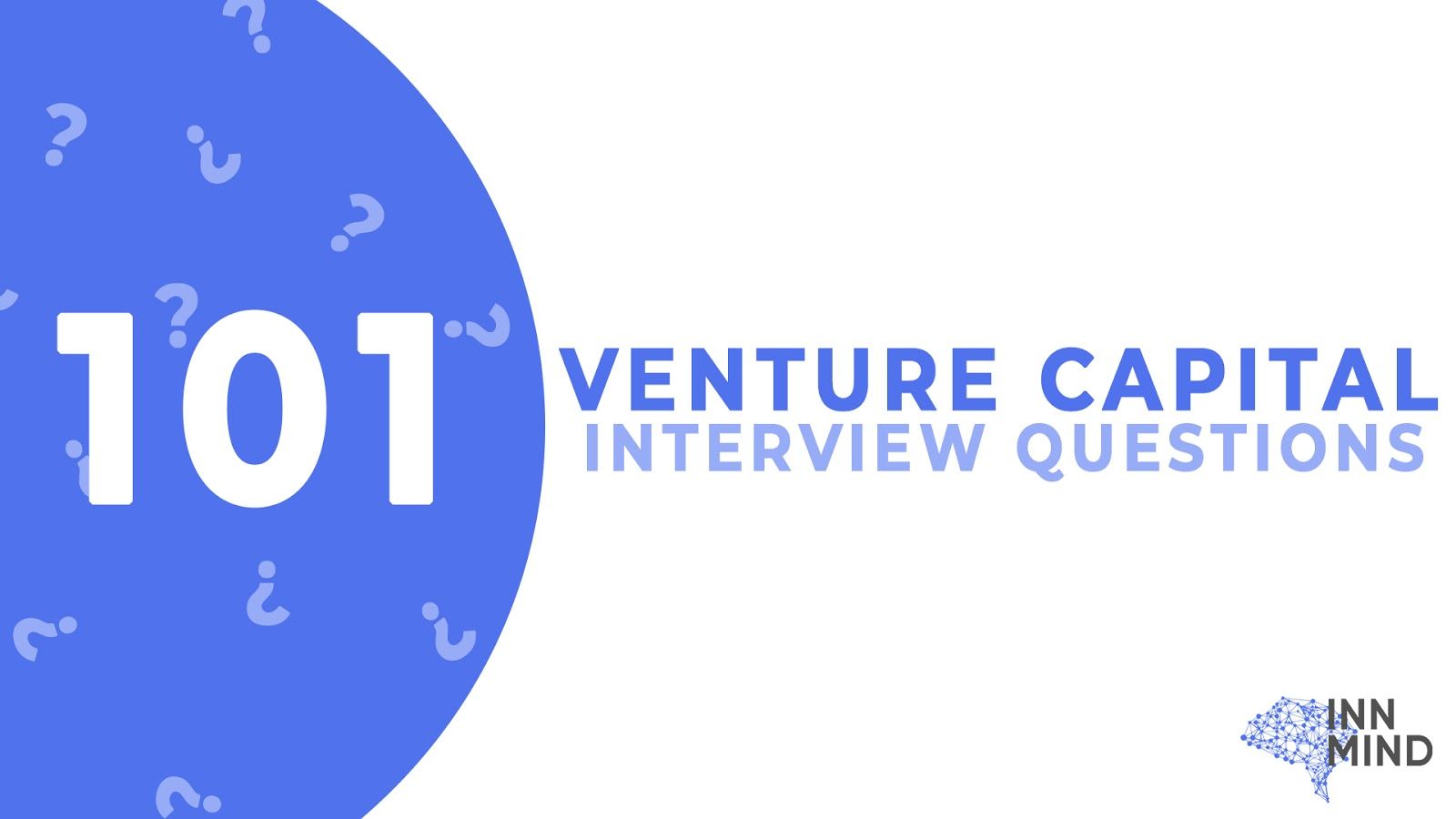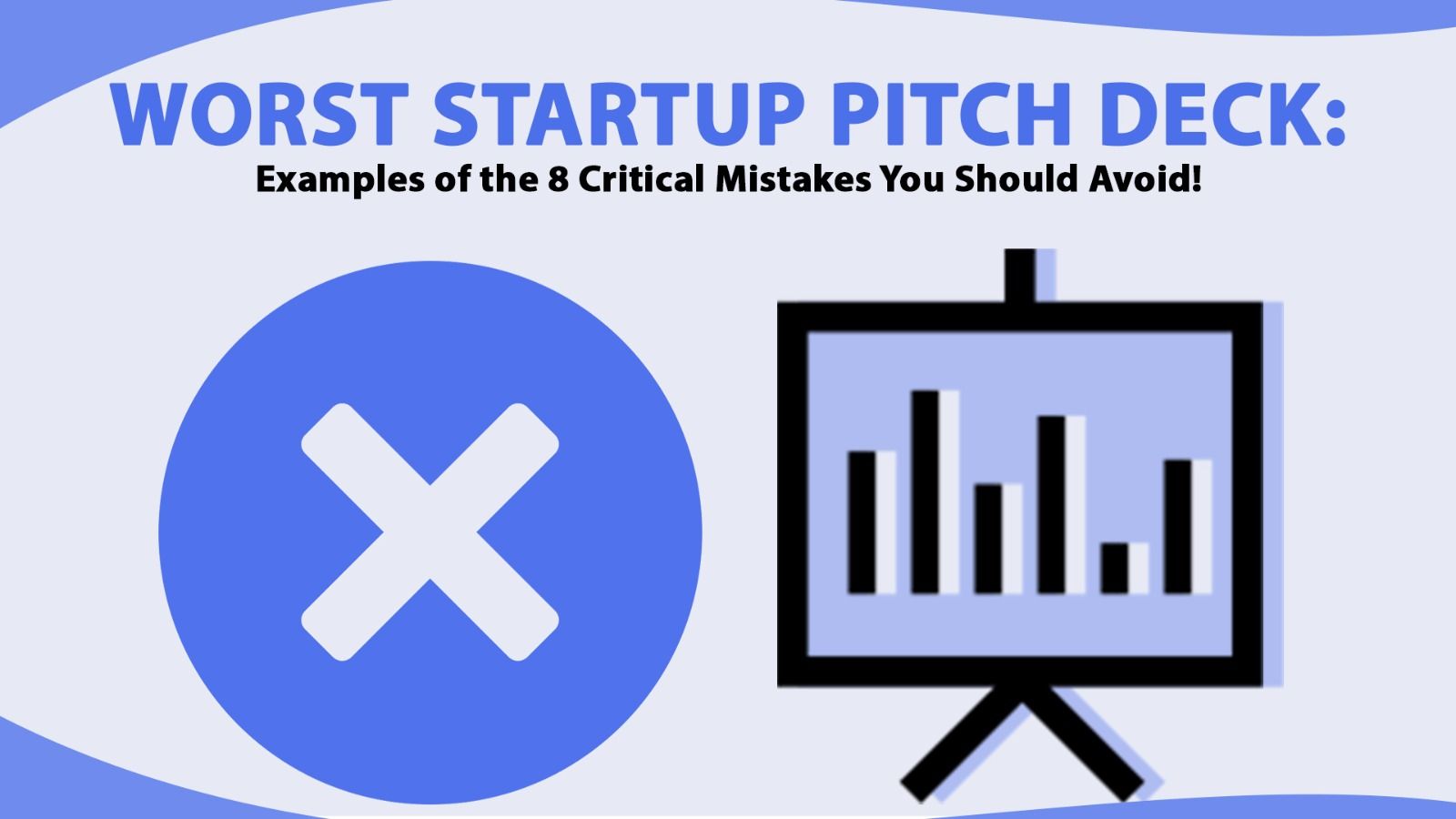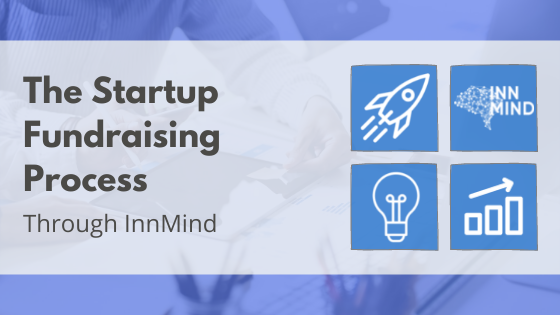In this article, you’ll learn about the process of finding an investor for your startup here on InnMind - a platform dedicated to making startup fundraising frictionless.
In a few words, the step-by-step process is the following:
- Prep work: prepare your profile, open your funding round, and upload your pitch deck. Explore the investor database and find the funds that fit your company best.
- Hustle: try to get in contact with the investors on your shortlist. Establish a relationship and make sure to share updates on your feed (and also directly with your chosen investors). Apply for at least one of InnMind’s pitching sessions. During this crucial period, we’ll do our best to support you to be successful.
- Close the deal: establish the end date of your funding round and make a final push to close the deal with the investors that have shown the most interest.
Fundraising Prep Work
Before we start talking about the specifics of InnMind, make sure you are familiar with the basic steps to a successful funding round.
First, you need to understand very well the needs of your startup - what are you trying to achieve and why? Also, in what timeframe?
Second, you need to have a good idea of the value your startup is offering to investors. After all, investors are in the startup game to make money, so in order to get into a win-win situation, you need to make sure your startup has real value to offer as an investment opportunity.
Once those two crucial points are clear to your team, you’re should lay the groundwork for your funding round.
1. Create your company profile
Make sure you provide as much relevant information as possible while remaining concise. Investors wouldn’t spend more than a few minutes on your profile, but at the same time, they would expect to see all relevant information in order to make a decision if it’s worth their time to investigate your company further. Partially full profiles increase the chance that viewers would bounce to another startup.
It’s a great tip to upload a short video in which your founder(s) explain the business - this way the information is easier to consume, but also investors get to see the people behind the business.
2. Prepare your pitch deck
Needless to say, a startup pitch deck is crucial for a successful funding round. Try to communicate as clearly as possible:
- The problem you’re trying to solve
- Your proposed solution, i.e. your offering
- Any traction numbers or validation experiment results
- Market size and upside potential
- The competition in the market
- Your strategy - business model, marketing strategy, etc.
- Your team - what makes you likely to succeed?
- The ask: how much money are you looking for?
Don’t try to be overly creative with your pitch deck. While making it look polished is great, it should provide the information investors are expecting to find in it and innovative structures and presentation methods usually detract from the end goal.
Read other posts in our blog:








